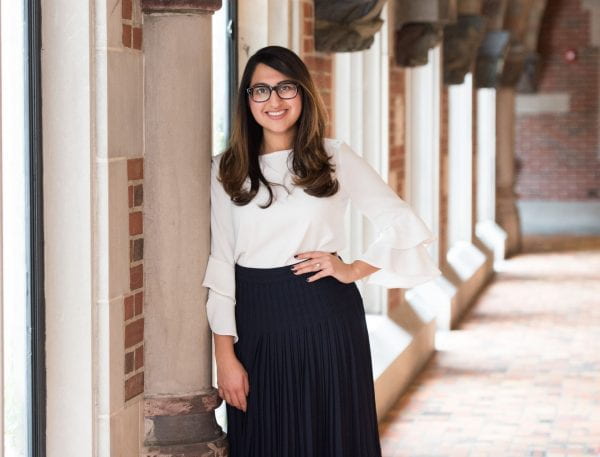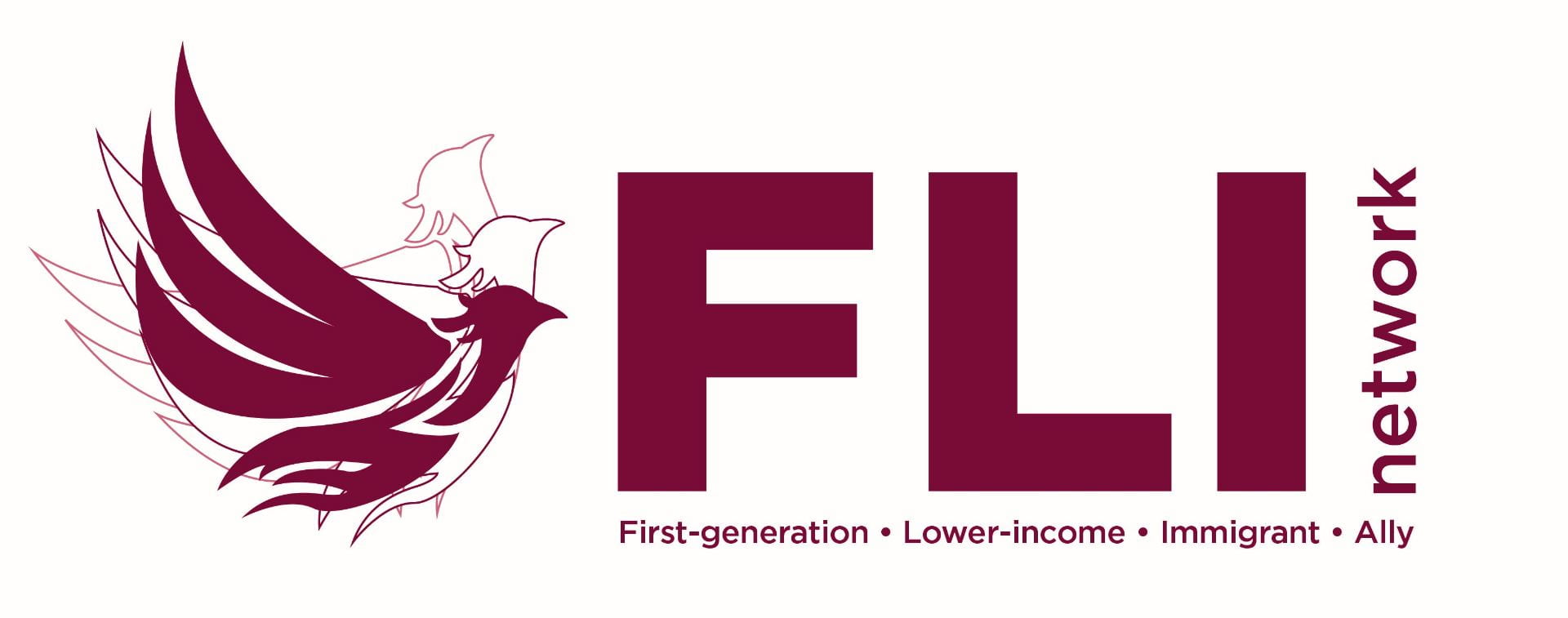
Sadia Sindhu is the Executive Director of the Center for Effective Government at the University of Chicago Harris School of Public Policy
Sadia Sindhu is the Executive Director of the Center for Effective Government at the University of Chicago Harris School of Public Policy. She highlights the importance of investing in people and creating environments that allow individuals to place their identities at the forefront of their personal and professional lives.
Following are the highlights of our conversation:
Q. How did your affiliation with the First-generation, Lower-Income and Immigrant (FLI) community influence your choice of profession?
A. I am the daughter of Pakistani and Kashmiri immigrants who worked extremely hard to invest in me and my brothers. I graduated as valedictorian of my high school class. Yet, when I started my undergraduate program at Georgetown University, I found it difficult to navigate the academic and social circles of an elite private university. During that time, I found support in affinity groups and faculty mentors, who continue to influence my personal and professional choices.
In my current role at the Harris School of Public Policy, I place my identity at the forefront of my work. At the Center for Effective Government, we investigate issues of political dysfunction and think about institutional reform. But to facilitate any form of meaningful institutional change, we need to be inclusive. Inclusivity is fundamental to functional governance. It is not possible to develop effective solutions in a silo. My identity enables me to be more empathetic and makes me a better Executive Director. It is critical for me to show up as who I am.
Q. How did you navigate spaces that were not necessarily built for you?
A. Prior to launching the Center for Effective Government, I was the Director of the Civic Leadership Academy (CLA), now housed in the Center. CLA is a leadership development program for government and nonprofit officials based in Chicago. Leading an important University of Chicago program was daunting, but it helped me realize that I can successfully navigate spaces that were not necessarily built for someone like me. Most of us own this power, but we need to practice recognizing and leveraging it.
It is also important to build a community that views and values your identity as a strength. You need people who believe in you and constantly remind you that you were chosen to be a part of the endeavor for a reason and your role creates value that would not be there otherwise. When I chose to come to the University of Chicago, I did not just choose a job; I chose an institution. I am very fortunate because my boss, Prof. William Howell, and my colleagues empower me to occupy spaces that I did not think were created for me. This is my dream job because I have been empowered by peers and colleagues to show up as my full self – not a reflection of others’ expectations – and to play a role in policy work that impacts all of us.
Q. What advice would you give to your 20-year-old self?
A. First, it is important to recognize that no one else has your exact lived experience. It took me long to realize, but being a FLI student was an incredible opportunity because for the most part, I spent my life occupying spaces that were not necessarily built for me. Having seen them from a wholly new perspective, I now have an opportunity to shape the future of these places.
Secondly, I wish that I had spent more time finding spaces and people that celebrate all aspects of my lived experience. I hope that students are able to find such spaces, especially when searching for jobs. It is important to find mentors and to keep in touch with them. There are a ton of people who care about making the world a better place. Build relationships with peers and mentors because they might open doors that you could have never dreamt of otherwise. Admission to the University of Chicago is extremely hard and you were all intentionally selected to be here. Own your accomplishments and potential. No one can take that away from you.
Q. What steps can the UChicago community take to better support FLI members?
A. When I was an undergraduate student, one of my mentors, Dr. Dan Porterfield, influenced my outlook on empathy and compassion. As a faculty member and administrator, Dr. Porterfield was committed to building greater support systems for students. I strive to be a higher-ed professional like him. I believe that students should have spaces and individuals that they can lean on to support them throughout their college experience. Consistently hosting informal and formal support programs is important. We need departments to continue initiatives like the FLI Network. We have extraordinary peers and students to lean on and learn from. We need to find ways to encourage our personal and professional growth as a community.
I think of myself as someone who wants to change large institutions. It is a herculean task; it is difficult work and there is no immediate gratification. But, I am empowered by people around me to not lose hope or drive. My identity lies at the heart of my work. But it takes the best of all of us – the faculty, staff, researchers, students, and the broader campus community – to create a change in our community. We need to work together and we need to advocate for each other.
Q. What has been your proudest moment?
A. I would like to highlight two moments. Professionally, being asked by Prof. Howell to launch the Center for Effective Government with him was a huge moment of gratitude for me. This is an important initiative at a critical moment in our nation’s history when our institutions are enduring a stress test greater than many of us have ever seen. I am deeply humbled by the ambition of our center.
A few years ago, I was elected to the national executive board of the Muslim Public Affairs Council (MPAC), which was another humbling moment. MPAC is our nation’s oldest American Muslim advocacy organization. Two years into my tenure, I was asked to chair our policy committee. Working with MPAC, and knowing of the good we do, brings me a lot of joy. I have learned from and met some amazing powerhouse Muslim leaders. In moments when it all seems to be too much, and I start to experience imposter syndrome, the Center and MPAC remind me of the value I add.
